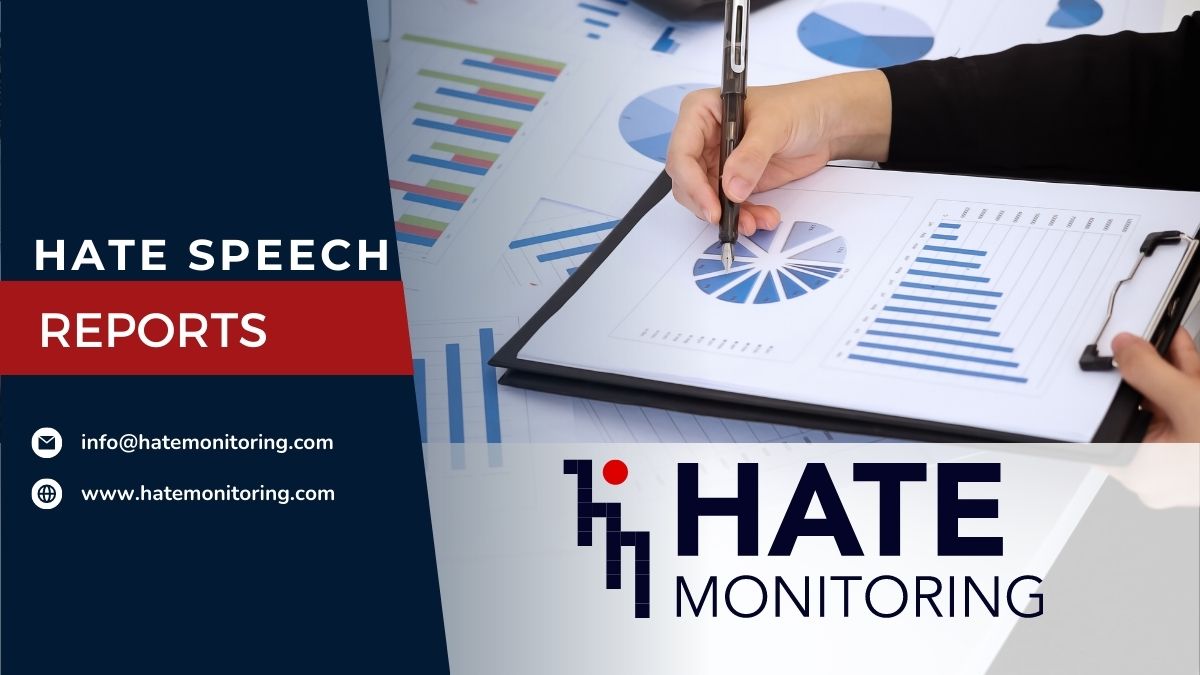Incident Information
Date of Incident: December 18, 2024
Location of Incident: Ankara-Turkey
Identifying information of Perpetrator(s) Özgür Özel, Chairman of Republican People’s Party
Source: https://x.com/eczozgurozel/status/1869420228075049449
Hate Speech Analysis
Transcription of the hate speech statement: ” ‘FETÖ’nün ipliğini pazara çıkaran bir aydın olduğu için susturuldu.”
Target group(s) of the hate speech: The hate speech in this post is directed against the members of Gülen movement and perceived members of the movement.
Justification of the hate speech: There is no justification for hate speech. Hate speech is generally rooted in prejudice, intolerance, and a desire to demean or harm individuals based on their true or perceived affiliation, characteristics or beliefs.
Analysis of the hate speech statement: The perpetrator refers to Gülen movement because the perpetrator uses the term ‘FETÖ’ in his statement. It is important to acknowledge that ‘FETÖ’ is a derogatory label used by the Turkish government to stigmatize and marginalize followers of Fethullah Gülen, a Turkish Islamic scholar resided between 1999 and 2024 and passed away on 20 October 2024 in the United States. The deliberate usage of this term on news perpetuates negative stereotypes and contributes to the stigmatization of individuals associated with the Gülen movement. It is important to recognize that hate speech targets specific groups or individuals based on their characteristics, affiliations, or beliefs, and serves to demean, marginalize, or incite hatred towards them. By employing the term “FETÖ” to refer to individuals allegedly affiliated with the Gülen movement, the statement contributes to the amplification of discriminatory and harmful rhetoric. Such language further reinforces negative perceptions, fuels social division, fans the flame of hatred and can lead to the marginalization and discrimination of the targeted group.
Contextual information: The hate speech statement is a part of the statements Özgür Özel and targeted publicly the Gülen movement. The term “FETÖ” is a derogatory term that the Turkish government coined to refer to the Gülen movement, which it deems a terrorist group responsible for a failed military coup in July 2016. Its US-based leader, Fethullah Gülen, denies any involvement in the putsch. The European Union and the United States have refused to adopt Turkey’s views on the group. The context of the post suggests a potential misuse of the term “FETÖ” to label and stigmatize individuals associated with the Gülen movement.
On September 26, 2023, the Grand Chamber of the European Court of Human Rights delivered its judgment in Yüksel Yalçınkaya v. Turkey. In the judgment, the court ruled that Turkey had violated Articles 6, 7 and 11 of the European Convention on Human Rights and that it was unlawful to prosecute the Gülen movement and its members as terrorist organizations and members of terrorist organizations on the grounds of using the Bylock application, having a Bankasya account and being a member of an association. In the verdict, the court emphasized that there were systematic problems in the evaluation of the evidence regarding the use of the Bylock application, which the judges voted 16 to 1.
Despite the court ruling, Özgür Özel’s hate speech targets members of the Gülen movement or people allegedly linked to the movement, is ignoring paragraph 268 of the ECtHR’s Yüksel Yalçınkaya v. Turkey judgment, which emphasizes that no one should be subjected to arbitrary prosecution, conviction or punishment, and that the material guarantees of legal certainty must be met regardless of the material basis of the crime.
The ECtHR found a violation of Article 7, stating that the charges of membership of a terrorist organization against members of the Gülen movement violated the principle of no crime without law.
Impact of the statement: The usage of the term “FETÖ” may contribute to further stigmatization and discrimination against individuals associated with the Gülen movement and be a reason to legitimize arbitrary detentions. It has the potential to perpetuate negative stereotypes and create a hostile environment for this specific group.
Conclusion
The statement contains hate speech due to the usage of the derogatory term “FETÖ” to refer to individuals associated with the Gülen movement. Hate speech targets specific groups or individuals based on their characteristics, affiliations, or beliefs, and serves to demean, marginalize, or incite hatred towards them. The usage of such hate speech perpetuates negative stereotypes, contributes to the stigmatization of individuals, and fosters an environment of discrimination and social division. It is crucial to recognize the harmful impact of hate speech and to promote responsible journalism that upholds principles of equality, fairness, and respect for all individuals, regardless of their affiliations or backgrounds.
